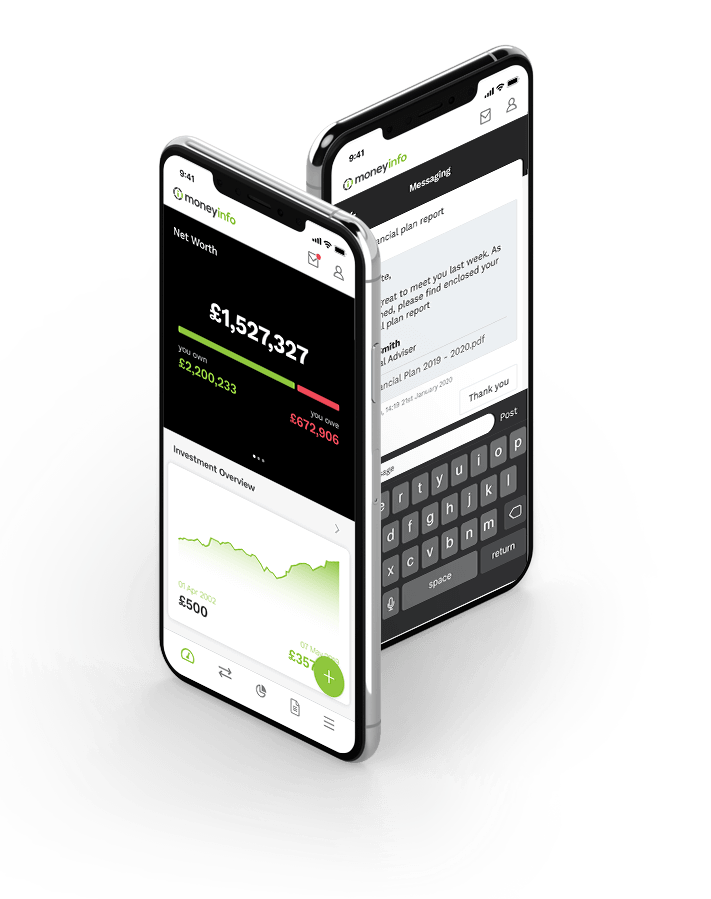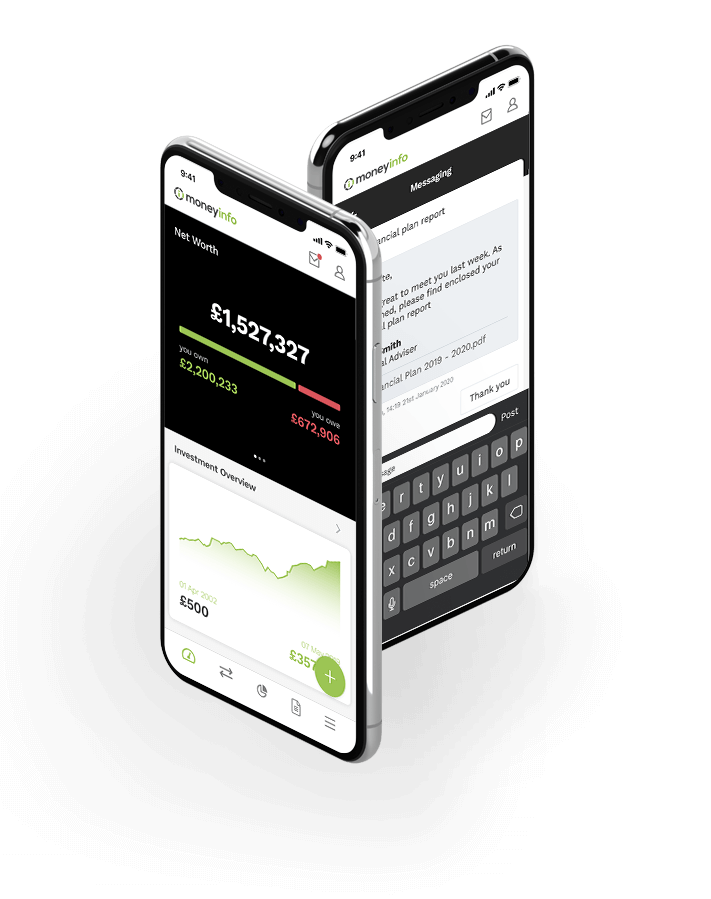e-signatures – it’s about time
Documents signed electronically - even when a statutory requirement for a signature predates the digital age - have legal force, the Law Commission says to clear up any lingering doubts over the issue.
Law Commission confirms electronic signatures are legally valid
The commission states that in 'most cases', electronic signatures can be used as a viable alternative to handwritten ones.
The main exception is where a signature requires witnessing such as is the case with a will. Very little everyday business of an adviser firm requires a document to be witnessed so in practise most transactions can be done via e-signature.
A recent FCA statement on the use of e-signatures by adviser firms states that -
- The validity of electronic signatures is a matter of law and
- our rules do not prevent firms from using electronic signatures in agreements and
- that firms may use electronic signatures for all interactions with the FCA.
To use e-signatures firms must consider any related requirements set out in our Principles for Businesses and general rules. The FCA gives the following examples -
- Firms should consider Principles 2, 3 and 6 and review the risks and harms of using electronic signatures and take appropriate steps to minimise those.
- Firms should consider the client’s best interests rule (COBS 2.1.1R) and the fair, clear and not misleading rule (COBS 4.2.1R) to ensure that, when a client signs a document electronically, this does not make it more difficult for the client to understand what they are agreeing to.
As an industry we should be doing all we can to adopt technology which improves our efficiency and in turn will save firms and their clients’ money.
There are no regulatory barriers to get in the way and if the FCA will accept e-signatures, what reason could a platform have for not accepting an e-signature.
Is it time you questioned whether relationships that get in the way of efficient business practise are really in your client’s best interest?
Transactions that can take weeks can be completed in minutes by using secure communications, two-way document sharing together with the ability to electronically sign documents.
"We recently onboarded a new client from Australia including his SIPP application within 24 hours which was absolutely fantastic and would have taken weeks before moneyinfo." Samantha Teale – Office Manager at Andrews Gwynne Private Wealth Management
Templates
Once you’ve made the leap to using digital signatures, you can turn documents that you use regularly into templates. These allow much quicker use of the document so that you can simply select one or more clients and the form will be sent to each client individually for signature.
Take an example like a change to your client agreement. You need to notify all your clients and get them to accept the new terms and conditions.
Doing it the old-fashioned way can take weeks and cost a fortune in time, printing & postage. By using a template with e-signature this can take a few minutes.
For more information on using templates use the link here - Creating Templates.
moneyinfo fully supports e-signature templates through our secure messaging and keeps your clients’ important financial information away from the insecurity of email.
During the first few weeks of lock-down we have seen a 500% increase in the use of e-signatures. Adviser firms are quickly adapting to the new rules of working.
“We’ve had a 35% reduction in office expenditure thanks to moving from paper and email to secure digital communication through bfp moneyinfo.” Nigel Bromwich, Managing Director of Bromwich Financial Planning Limited.
e-signatures will give you back time. How much is that worth to you?
Sim Sangha
Business Development Director
moneyinfo limited
Book a 1-2-1 demo here.
03303 600 300

